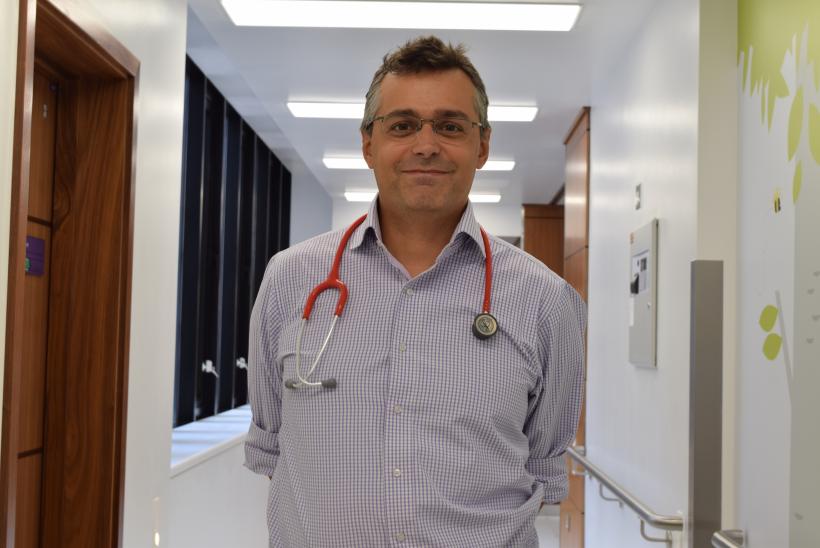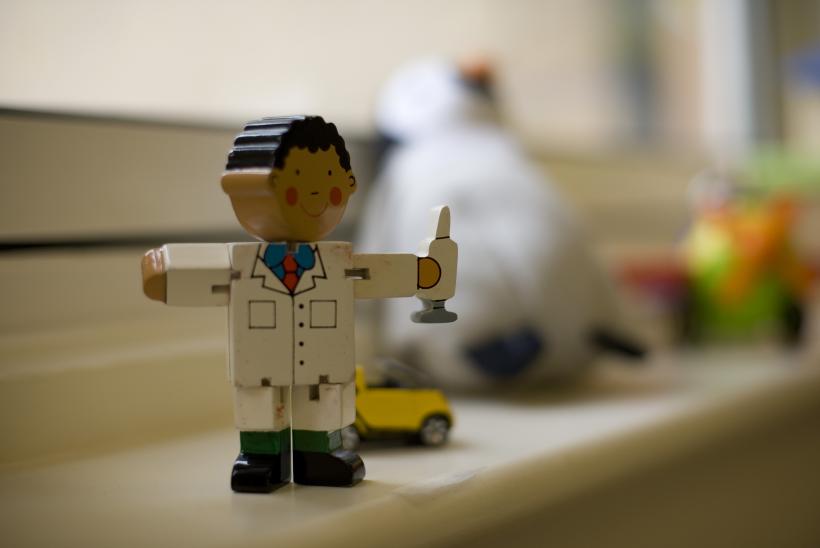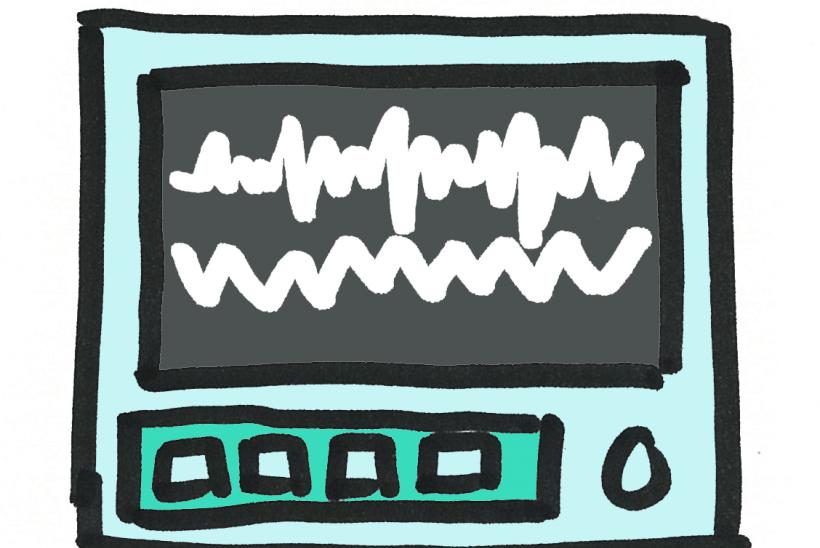Congenital Heart Defect Awareness Week
Dr Alessandro Giardini, Consultant Paediatric Cardiologist and Director of Cardiology Inpatient Services at Great Ormond Street Hospital, discusses what is meant by congenital heart defects and how they can affect children this Congenital Heart Defect Awareness Week.
What does 'Congenital Heart Defect' mean and how can it affect children?
Congenital heart defects are problems with the heart form and function which are present at birth. Examples are children born with holes in the heart or those born with absent parts of the heart. Congenital heart defects are the most common anomalies seen in newborns and can affect the health of a child in a major way. In some children they can cause the breathing to be laboured, in others the heart to work very hard, in others the oxygen level to be very low.
Does it affect children from birth?
Yes it affects children from birth and 8 out of 1000 babies carries a congenital heart defect. The number of cases can be a lot higher when parents are related to each other.
Is there anything that can be done to prevent them?
Most defects are due to chance but there is evidence of a higher risk of having babies with congenital heart defects if the mother has diabetes during pregnancy, if she does not supplement her diet with vitamins like folic acid and if she contracts some forms of infection like rubella. Being up to date with immunisations is important before becoming pregnant. Additionally families where the parents are related have a higher risk of having babies with congenital heart defects.
What expertise does the cardiology team at GOSH have with congenital heart defects?
We are able to offer complete diagnosis and treatment to the whole spectrum of congenital cardiac defects, from the antenatal period. As many children with congenital heart defects require surgical treatment, GOSH has developed over more than 3 decades one of the largest and safest cardiac surgical programs in the world.

Dr Alessandro Giardini
Consultant Paediatric Cardiologist and Director of Cardiology Inpatient Services
He is Director of Inpatient Services and oversees the care of all children admitted to the hospital for investigation and treatment of congenital or acquired heart defects.
Dr Giardini says: "For me, families are an essential part of the One Team concept that underlies everything we do in treating children in the cardiac ward. Our care is highly technical but must be delivered in a humane, personalised way."

The Cardiology department
The Cardiology service includes: a catheter laboratory, an electrophysiology (EP) service, diagnostic EP, interventional EP. Our inherited cardiovascular disease service includes a hypertrophic cardiomyopathy (HOCM) service and Sudden Arrhythmia Service (SAS).

